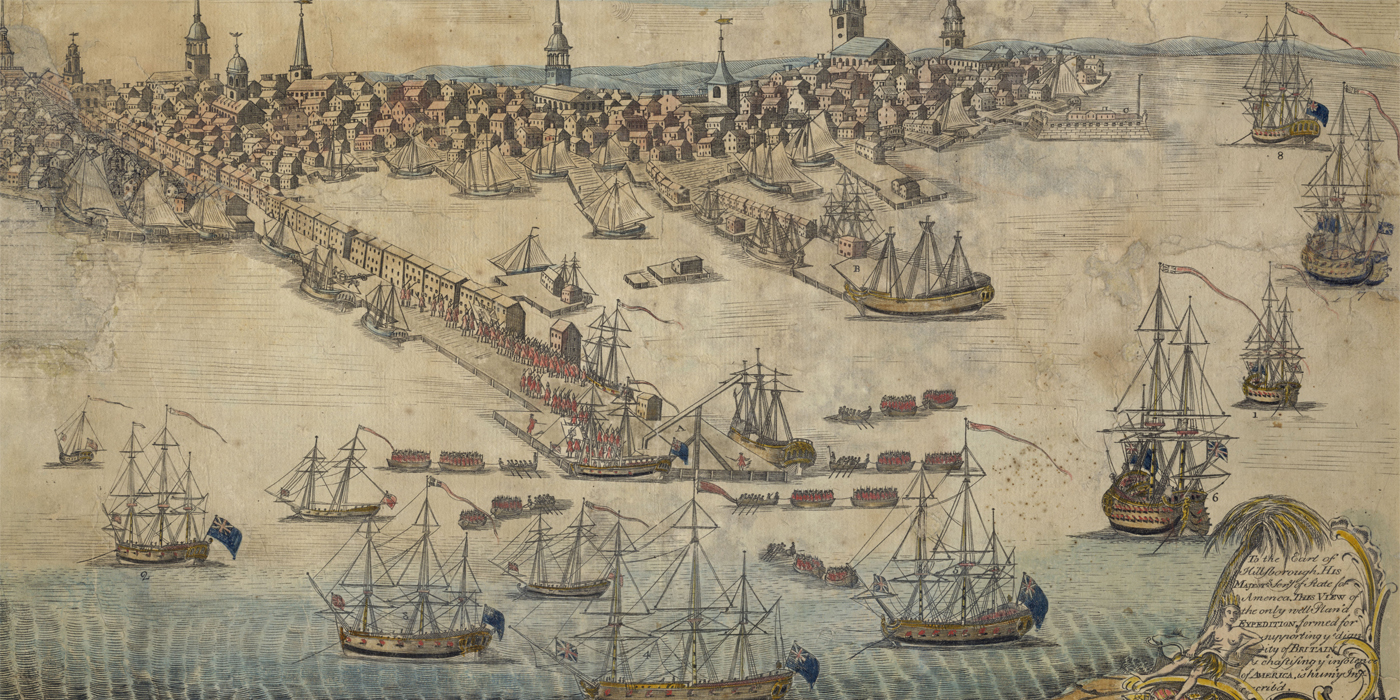In the exploration of Bahá’í teachings, one can discern a profound insight encapsulated in the adage: “History Happens When Character Meets Circumstances.” This phrase invites a multifaceted analysis of the interplay between the moral fiber of individuals and the pivotal events that shape humanity’s trajectory. The Bahá’í Faith posits that human history is not a mere collection of events, but rather a grand narrative woven from the threads of individual and collective virtues, actions, and circumstances. In this exposition, we will delve into the implications of this teaching, examining its historical context, philosophical underpinnings, and contemporary relevance.
The historical framework of the Bahá’í Faith is instrumental in appreciating the significance of character and circumstance. Founded in the mid-19th century, the Bahá’í Faith emerged during a time of profound social and political upheaval in Persia, now modern-day Iran. It was a period marked by religious persecution, intellectual renaissance, and the birth of various reformist movements. In this crucible of change, figures such as Bahá’u’lláh and the Báb exemplified the quintessence of individual virtue—courage, integrity, and a profound love for humanity—setting in motion a series of events that would resonate through time. The character of these founders was not merely a backdrop; it served as an essential catalyst for the revolutionary ideas and principles they espoused.
Central to Bahá’í teachings is the concept of “character” as an indomitable force that can shape circumstances. Character, in this context, is not an abstract notion, but a pragmatic tool through which individuals navigate the world. The ethical teachings of the Bahá’í Faith emphasize attributes such as justice, humility, and compassion. These traits are not only laudable in their own right but are also fundamentally strategic. They enable individuals to respond with wisdom and resilience to adversity, turning challenges into opportunities for growth and transformation.
In examining circumstances, one must recognize that the physical and social environments are in constant flux. The interplay between character and circumstance is vividly illustrated through historical examples where individuals have risen to prominence, not solely due to their external conditions, but because of their unwavering commitment to their principles. Figures like Mahatma Gandhi and Martin Luther King Jr. embody this synergy, illustrating how personal integrity and moral fortitude can galvanize collective movements, thereby altering the course of history. They exemplified the Bahá’í principle that the true measure of greatness lies not in power or wealth but in one’s character when faced with daunting circumstances.
The metaphor of a sailboat navigating tumultuous seas aptly encapsulates this philosophy. The winds represent the often-unpredictable circumstances of life, while the sailor embodies character. Without skillful handling of the sail, the boat risks succumbing to the tempest. Similarly, without the guiding hand of virtue, individuals can be swept away by the tides of external pressures, societal norms, and historical contingencies. Herein lies the unique appeal of the Bahá’í teachings—they advocate for the active cultivation of character as a means of influencing one’s environment rather than being passively shaped by it.
Moreover, this principle extends beyond individual achievement to encompass collective progress. The Bahá’í teachings assert that humanity, as a unified entity, must rise to the occasion in the face of pressing global challenges such as climate change, inequality, and conflict. The agency of groups—nations, communities, and organizations—is invariably linked to the moral character of their members. Therefore, fostering a global ethic rooted in shared values is paramount for navigating the intricate web of modern circumstances.
The character-circumstance dynamic is also reflective of a broader metaphysical framework within Bahá’í thought. The belief that each individual is a potential reflection of the divine emphasizes the innate capacity for growth and development. In acknowledging the divine origin of character, Bahá’ís are called to view history not as a deterministic chain of events, but as a malleable narrative shaped by conscious human choices. This perspective instills a sense of responsibility, urging individuals to cultivate inner virtues that contribute to the betterment of society.
Furthermore, the notion of history as a confluence of character and circumstances invites a re-examination of traditional historiography. Rather than prioritizing great leaders or pivotal battles, this approach foregrounds the role of ordinary individuals who, through acts of integrity and decency, enact significant social change. The Bahá’í narrative honors these unsung heroes, highlighting their contributions and reinforcing the belief that everyone possesses the potential to influence history.
In conclusion, the Bahá’í principle that “History Happens When Character Meets Circumstances” serves as both a guiding philosophy and a clarion call to action. It implores individuals to nurture their character as a means of navigating the vicissitudes of life, thereby shaping the unfolding narrative of humanity. As we stand at the crossroads of contemporary challenges, this teaching remains profoundly relevant, echoing the timeless truth that our responses to circumstance are inevitably informed by our character. In cultivating virtues and advocating for collective ethical standards, we can not only alter our personal destinies but also contribute to the evolution of human history, inscribing our legacy upon the annals of time.
